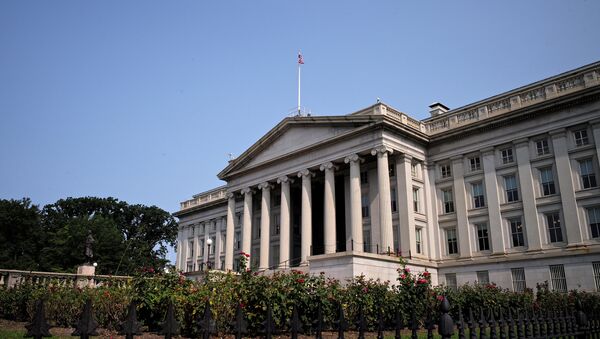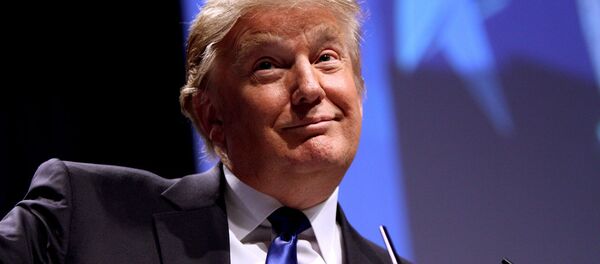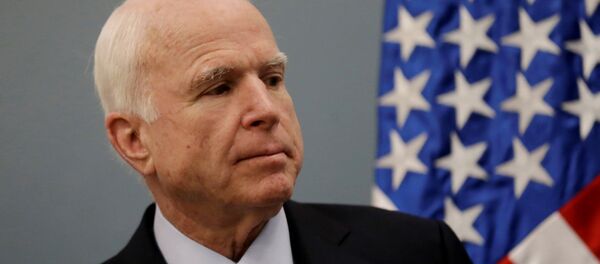"This looks like Christmas sales or an attempt to find a graceful way out since allegations with regard to cyberattacks have not been confirmed," she said. Bokova, chairperson of the Russian parliament' upper house commission on information society development, added that both countries need to understand that they will only be able to tackle cyber threats if they build trust and joint efforts.
On December 29, the Obama administration imposed fresh sanctions against six Russian individuals and five entities, including the Main Intelligence Directorate (GRU) and the Federal Security Service (FSB), over Moscow's alleged interference in the 2016 presidential election in the US. Additional measures included the expulsion of 35 Russian diplomats and the closure of two Russian diplomatic compounds.
Russian officials have repeatedly denied that Moscow had anything to do with hack attacks on the Democratic National Committee (DNC) and was not involved in any attempts to influence political process in the United States.
The US Treasury Department's Office of Foreign Assets Control issued the amendment to Obama's sanctions on February 2, giving the green light to "certain transactions" that are "necessary and ordinarily incident to requesting certain licenses and authorizations for the importation, distribution, or use of certain information technology products" in Russia.
The same day, White House spokesman Sean Spicer said that the step should not be viewed as sanctions relief. "We're not easing sanctions," he told reporters. "It is, from what I understand, a regular course of action that Treasury does quite often when sanctions are imposed."
Never miss a story again — sign up to our Telegram channel and we'll keep you up to speed!



